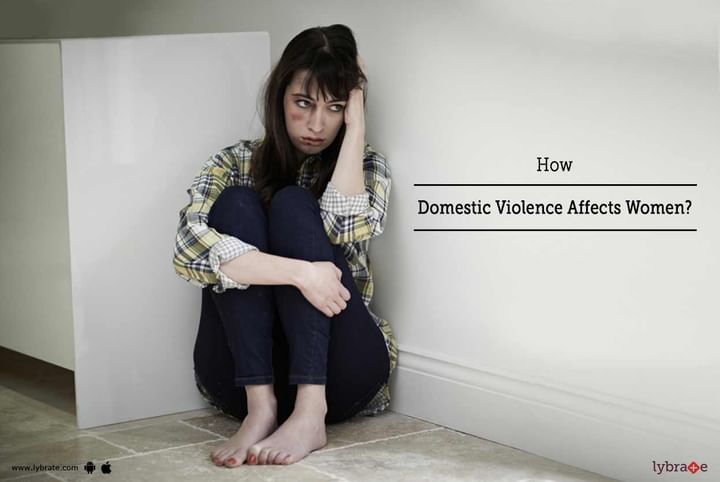How Domestic Violence Affects Women?
People who have been victims of domestic violence not only suffer physical abuse, but from emotional abuse as well, which may stay with them for their whole life. The trauma associated with domestic violence can be deep and takes time to heal even after the relationship with the perpetrator is over and there is no communication or contact between them.
Emotional harm is greater than physical harm
Women make up the significant majority of domestic violence victims. When they face violence within the home sphere, they experience a wide range of emotions like anger, sadness, powerlessness, fear, resentment, vindictiveness and much more. Physical violence not only harms their body, but their mind and spirit are equally wrecked as the memory of being physically subjugated scars them emotionally in a very deep manner and can take years to heal.
Some of the long term impact of domestic violence on women is mentioned below.
Physical Effects
- Any kind of physical injuries like bruises, cuts or dislocated joints and bones.
- Many women suffer from hearing impairment
- Loss of vision is also another effect
- Miscarriage or premature childbirth
- Sexually transmitted diseases
- A feeling of fatigue and weakness
In certain cases, unreported domestic violence may result in homicide or murder which is the ultimate and most unfortunate manifestation of physical abuse gone too far, That is why it is important to seek help early on before things escalate too far.
Mental Effects
The mental effects of domestic violence take much longer time to recuperate from than the physical effects. If the shock is severe, it can render women mentally unstable for life in extreme cases. Even if a woman recovers from it, the emotional scar may remain and might manifest in the future.
- Depression: This is one of the worst mental effects of domestic violence is depression. The good news is depression is often temporary and can be cured. Signs of depression include a feeling of hopelessness, sadness, weight gain or loss, sleeplessness, loss of appetite and a consequent lack of interest in whatever you love to do. This can affect one’s decision making ability and in extreme cases can render one suicidal.
- Post-Traumatic Stress Disorder: When you encounter any violent experience, then you are most likely to develop Post-Traumatic Stress Disorder. The signs of this disorder include frequent flashbacks of the traumatic experience, nightmares and extreme anxiety. Women who face these kinds of traumatic experiences find it difficult to cope with their present situation for a while. Counselling and support from their loved ones can heal these problems fast.
Other effects of domestic violence may also include seizures, addiction and substance abuse and fainting. If you wish to discuss about any specific problem, you can consult a psychiatrist.



+1.svg)
